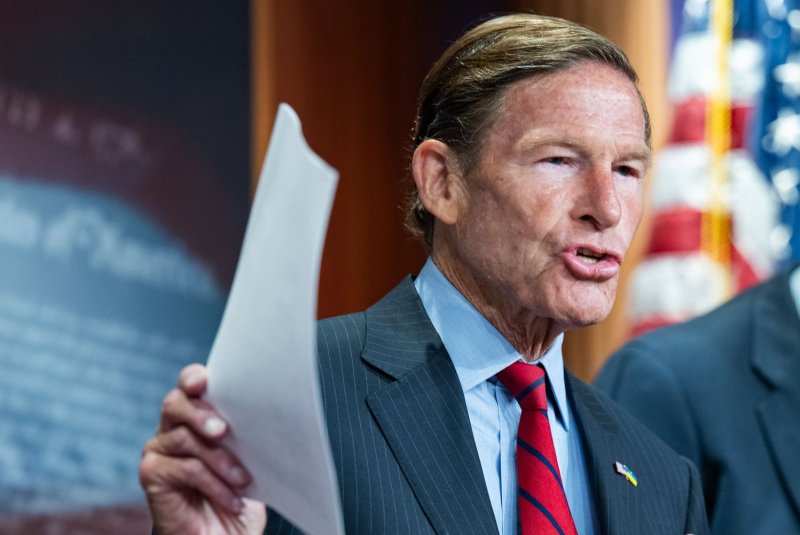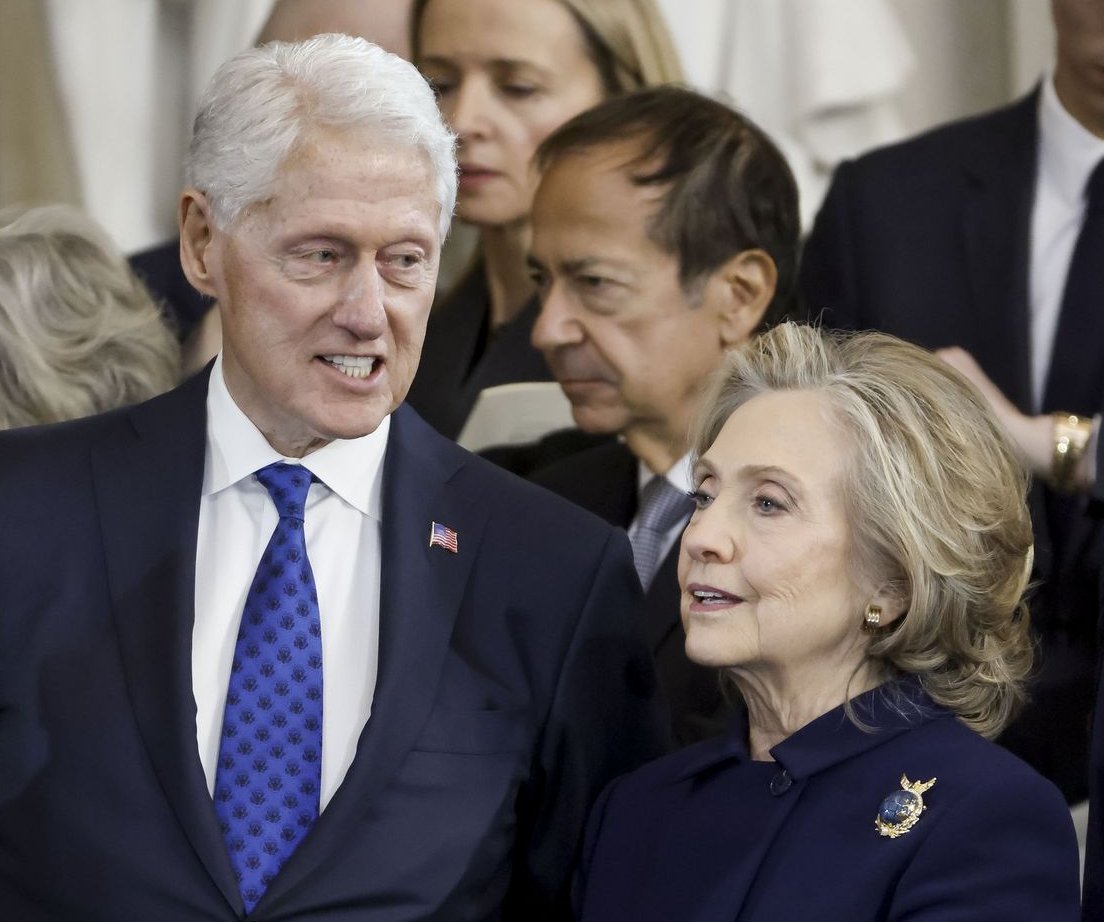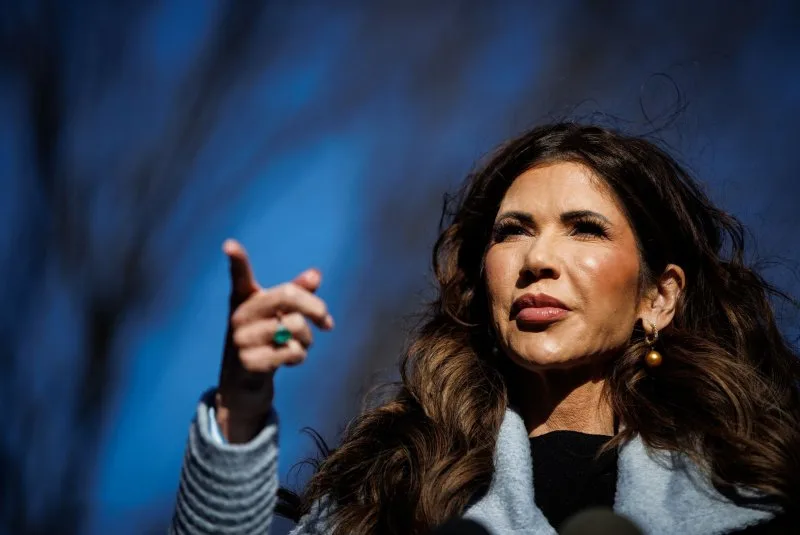WASHINGTON — Former President Donald Trump on Monday filed a last-ditch request at the Supreme Court seeking to prevent his prosecution for attempting to overturn the 2020 election from moving closer to trial.
Trump asked the justices to put on hold an appeals court ruling that rejected his broad claim of presidential immunity in relation to events leading up to the Jan. 6 attack on the Capitol.
The court should block the ruling to “forestall, once again, an unprecedented and unacceptable departure from ordinary appellate procedures and allow President Trump’s claim of immunity to be decided in the ordinary course of justice,” Trump’s lawyers wrote in the filing.
“President Trump’s claim that Presidents have absolute immunity from criminal prosecution for their official acts presents a novel, complex, and momentous question that warrants careful consideration on appeal,” they added.
If Trump’s prosecution is allowed, then “such prosecutions will recur and become increasingly common, ushering in destructive cycles of recrimination,” the lawyers wrote.
The U.S. Circuit Court of Appeals for the District of Columbia issued a ruling against Trump on Tuesday that it said would be implemented Feb. 12 unless the former president filed an emergency application at the Supreme Court.
The stakes are high because if the court rejects Trump’s request, the case would return to Washington-based U.S. District Judge Tanya Chutkan, with the possibility of a trial going ahead before the November election. Chutkan has already backed off on her original plan to hold the trial in March.
If Trump wins the election, he would be in a position to order that the charges be dismissed or seek to pardon himself.
Trump ultimately would like the Supreme Court to hear his case and overturn the appeals court decision, but before the justices can reach that issue they have to decide whether to put the lower court ruling on hold.
In an additional request that could add further delay, Trump’s lawyers also asked the Supreme Court to give them time to ask the appeals court to reconsider its ruling before they even file their appeal to the high court.
The appeals court ruled that as “citizen Trump,” the former president cannot benefit from any of the immunity defenses that a sitting president can deploy.
Trump’s lawyers say that presidents should have total immunity for official acts as president and that his actions in questioning the election results were part of his official duties.
In a statement Monday, a Trump campaign spokesman said that without “complete immunity, the President of the United States will not be able to function properly.”
“Even while the President is still in office, his political opponents will use the threat of future prosecution as a weapon, effectively blackmailing and extorting him to influence his most sensitive and important decisions,” spokesman Steven Cheung said.
The court has a 6-3 conservative majority, with three Trump appointees. Trump would need at least five votes to prevent the appeals court ruling going into effect.
The justices have several options in how to handle the case, including granting Trump’s request while fast-tracking a ruling on the immunity issue, or denying Trump’s request outright. Even if the court agrees to intervene, it could still issue a decision fast enough for the trial to go ahead before the election.
Despite the court’s ideological make-up, Trump has not fared well in recent cases.
On Thursday, the justices heard arguments in yet another Trump-related case on the former president’s attempt to avoid being kicked off the ballot in Colorado. In that case, the court seems likely to rule in his favor.
Trump’s appeal arose from the four-count indictment in Washington, including charges of conspiracy to defraud the U.S. and conspiracy to obstruct an official proceeding. He has pleaded not guilty.
Chutkan in December rejected Trump’s plea to dismiss the indictment on presidential immunity and other constitutional grounds. The case is on hold while the appeals process plays out.




